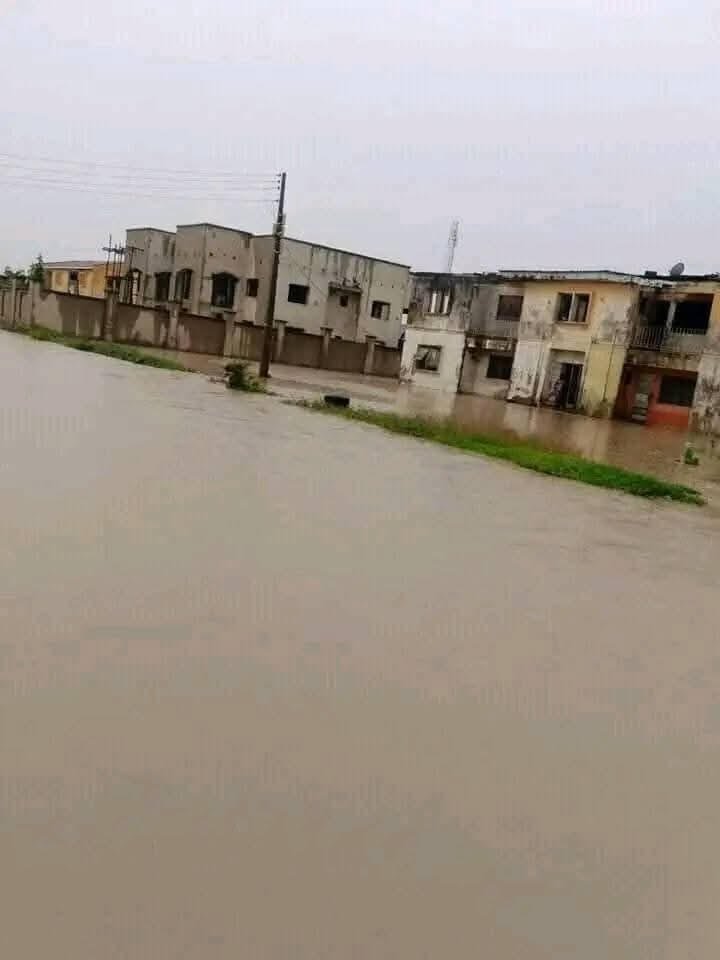Gom Mirian
Nigeria is facing a severe learning crisis that could hinder the country’s progress in achieving the Sustainable Development Goals (SDGs), according to the Universal Basic Education Commission (UBEC).
Dr. Hamid Bobboyi, the Executive Secretary of UBEC, highlighted the issue at a stakeholders’ dialogue event in Abuja on Monday.
Citing a report by the National Bureau of Statistics and UNICEF, Bobboyi revealed that approximately 75 per cent of children between the ages of 6 and 14 in Nigeria cannot read or solve basic math problems.
He urged stakeholders to discuss and propose actionable steps to address the crisis.
Bobboyi identified several factors contributing to the learning crisis, including the lack of access to instructional materials in local languages, poor teaching quality, insufficient parental guidance, and a lackadaisical attitude from states towards implementing policies on the use of mother tongue or the language of the immediate environment as a medium of instruction in basic education.
He said: “It should be stated that fundamental learning is critical to the development of productive citizenship, sustainable development, national cohesion, as well as peace and prosperity. Bobboyi said. “The call for dialogue on these important issues cannot therefore be overemphasised.
“UBEC is concerned about the Learning Crisis but we are undaunted by the challenge and that is why we are frontally confronting the situation. One of our strategies is harvesting ideas from stakeholders and using them to prepare roadmaps for turning things around.”
In a keynote address, Prof. Ismail Junaidu, the Executive Secretary of the Nigeria Educational Research and Development Council (NERDC), called for the implementation of the National Language Policy, which permits the use of the mother tongue or local languages as a medium of instruction in basic schools.
Junaidu mentioned that over 60 language autography systems had been developed to support the policy but highlighted challenges such as a lack of political will, shortages of language teachers, and inadequate funds.
UNICEF Education Manager, Munamuzunga Sikaulu, emphasized the need for action to overcome Nigeria’s learning crisis.
He stressed that using the mother tongue or local languages in instruction would enhance teacher and student motivation and improve learning outcomes.



